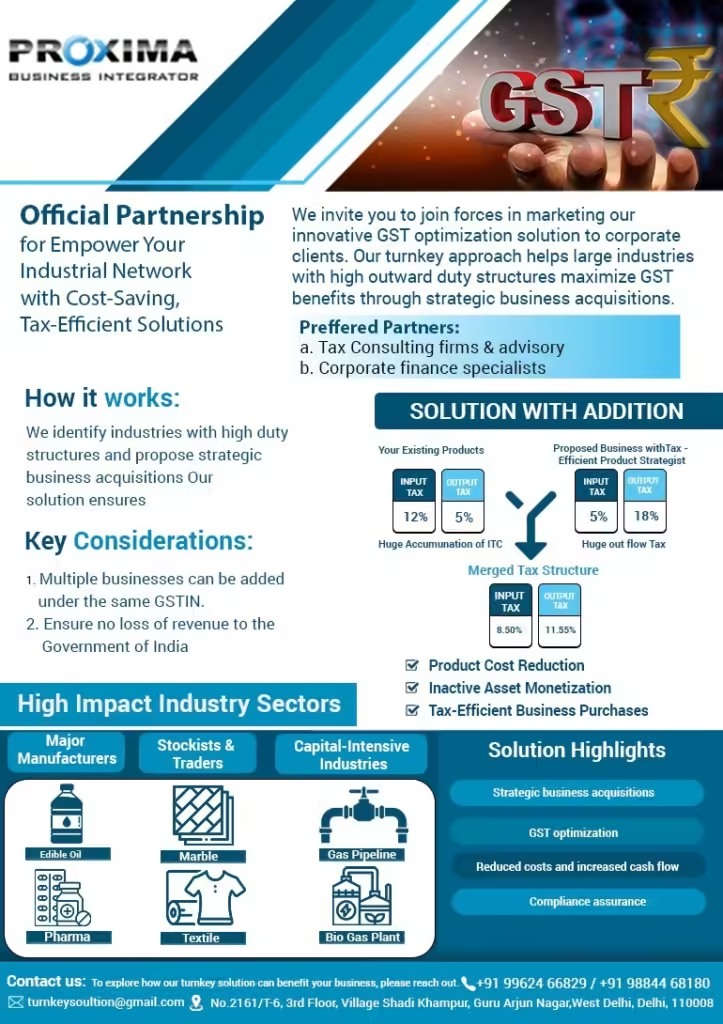Table of Contents
The Mumbai Bench of Income Tax Appellate Tribunal (ITAT) has held that the signing of the assessment order is an integral part of order generation in e-assessment and the assessment proceedings conclude only after the order is digitally signed, therefore, signing of the assessment order should not be brushed aside lightly.
The bench of Rahul Chaudhary (Judicial Member) and Narendra Kumar Billaiya (Accountant Member) has observed that the assessment order dated 28/09/2021 was not made till 30/09/2021 and it was not digitally signed and was an incomplete assessment order which was completed on 01/10/2021 and hence, barred by limitation.
Background
The appellant/assessee has challenged the validity of the assessment order dated 28/09/2021 claiming that it was not passed within the limitation period prescribed under section153 of the Income Tax Act.
The quarrel revolves around the date of assessment order framed u/s.143(3) r.w.s.144B of the Income Tax Act. Referring to the assessment order, the assessee strongly contended that it is digitally signed on 01/10/2021 whereas the assessment gets barred by limitation on 30/09/2021.

The department contended that the assessment order was made on 28/09/2021 well before the expiry of the period of limitation.
A careful perusal of the assessment order shows that the digital signature by one Visesh Prakash is dated 01/10/2021. The tax computation sheet again digitally signed by Visesh Prakash is dated 01/10/2021. This means that when the assessment order was made on 28/09/2021 as claimed by the AO and DR, the same was not signed. In our considered opinion, the unsigned order has no value.
The notings dated 30/09/2021 by the Assessing Officer also show that due to certain technical glitches, the case has been stuck in CPC due to computation failure. The report also shows that multiple complaints were raised on the ITBA helpdesk. Even the screen shot annexed to the report show that till 30/09/2021, the case is still appearing in the work list of FAO. These evidences on record go on to show that the assessment order was not digitally signed till 01/10/2021 and the assessment order made on 28/09/2021 was unsigned.
Submissions
The department contended that there are new procedures of the Faceless Assessment Scheme under NFAC and the decisions relied upon by the assessee are old decisions and hence, do not have much relevance under the new Scheme of Faceless Assessment.
The department argued that DIN has been generated on 28/09/2021 which is there in the body of the assessment order and also in the tax computation sheet which is also dated 28/09/2021 alongwith the tax computation sheet and therefore, the assessment order was well within the period of limitation.
Read More: Depreciation Not Allowable On Toll Roads By Considering It As Tangible Assets: ITAT
Conclusion
The tribunal relied on the decision of Supreme Court in the case of Kalyankumar Ray vs. Commissioner of Income Tax in which it was held that there must be some writing initialled or signed by the I.T.O. before the period of limitation prescribed for completion of the assessment has expired in which the tax payable is determined and not that the form usually styled the “assessment order” should itself contain the computation of tax as well.
The tribunal noted that the FAO admits that due to certain technical glitches, the case has been stuck in CPC due to computation failure itself show that till 30/09/2021, the assessment order was in control of the NFAC.
The ITAT noted that as per the Faceless Assessment Scheme 2019 which was substituted for e-assessment by Notification No. S.O.2745(E) dated 13/08/2020 w.e.f. 13/08/2020 as per Clause xiv, the assessment unit shall, after taking into account all the relevant material available on the record make in writing, a draft assessment order and then as per Clause xvi, the National e-Assessment Centre shall examine the draft assessment order and finalise the assessment within the period of limitation. In the instant case the assessment order finalized by NFAC is dated 01/10/2021 which is obviously beyond the period of limitation.
The ITAT held that held the assessment order barred by limitation.
What Is An Integral Part Of Order Generation In E-Assessment?
Signing Of Assessment Order
Case Title: Bennett Coleman & Co Ltd. v/s National Faceless Assessment Centre, Delhi
Citation: I.T.A. No.1387/Mum/2023
Counsel for the Petitioner: P.J. Pardiwala
Counsel for the Respondent: S. Srinivasu












